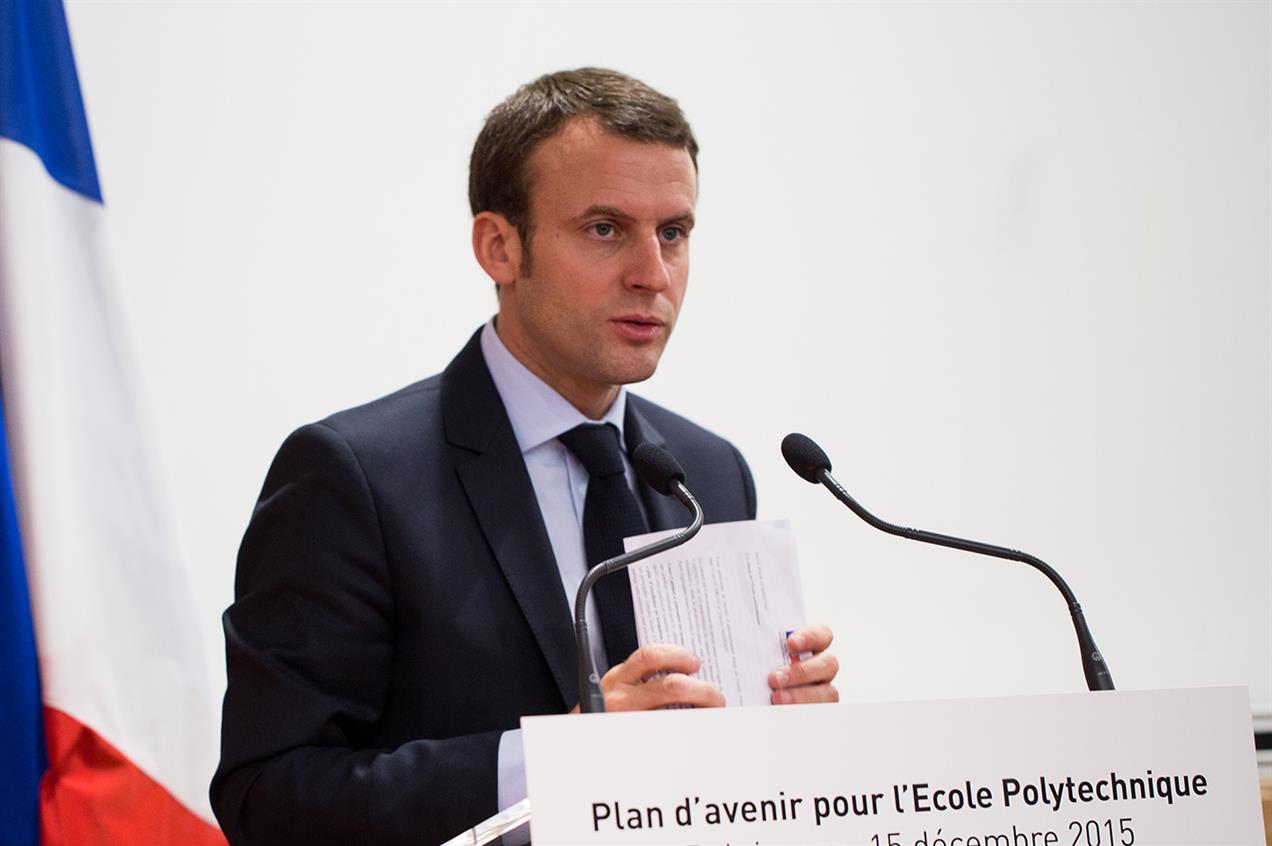Macron won 66.1% of the votes in Sunday's election promising a €50 billion investment package over the next five years to bring about a "new growth paradigm", €15 billion of which is earmarked for environmental measures.
Caline Charveriat, executive director at thinktank IEEP, said a Macron administration will breathe "new life" into EU environmental policy.
However, she warned that the centrist politician will find the delivery of his manifesto "quasi-mission impossible" unless he prevails over eurosceptic MPs and secures a majority in the French parliamentary elections in June.
Monica Frassoni, co-chair of the European Greens, questioned Macron’s political drive to push through the changes.
"I think he can be convinced through a good economic case because, unfortunately, he is not that culturally sensitive to environmental issues. Le Pen and Fillon would have been much worse, of course," she said.
Macron’s campaign manifesto retained key elements of the law on the energy transition adopted by the outgoing socialist president Francois Hollande in 2015, such as a 32% renewable target for energy use by 2030.
The document promised to double French wind and solar photovoltaic capacity and to renovate half of the country’s energy-wasting buildings by 2022.
The president-elect also retained Hollande’s pledge to lower the share of nuclear in the country’s energy mix from around 75% today to 50% by 2025. But he added a promise to phase out coal within five years and to ban shale gas projects.
Charveriat also noted Macron is also set to keep a goal in the existing energy law for a French carbon tax of €100 per tonne of CO2 by 2030. The pledge comes amid EU talks on a reformed EU emissions trading scheme where for higher ambition.

.png)


.png)










